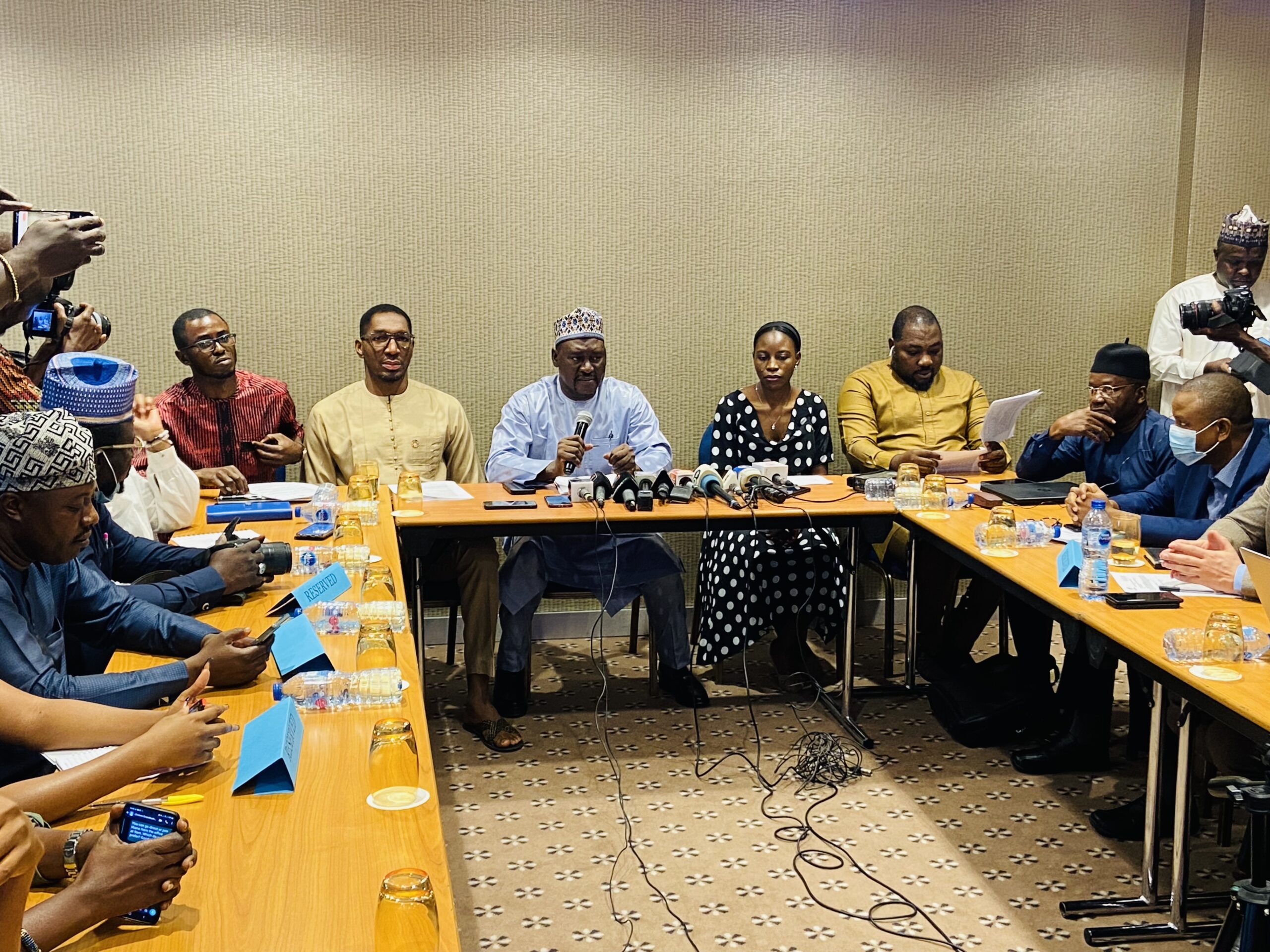The Center joined other stakeholders at the release of the 2022 Corruption Perception Index (CPI), a global instrument for measuring corruption perception in about 180 countries. The result showed that Nigeria scored 24, the same points with last year’s, but the country has moved 4 places up from 154th in 2021 to 150th position out of 180.
From the analysis of this year’s report as presented by Auwal Ibrahim Musa (Rafsanjani), the Executive Director of the Civil Society Legislative Advocacy Centre (CISLAC), some major factors led to the country’s performance. These weaknesses include recorded cases of oil theft which plagued the country’s revenue with not much done to curb it, the opaqueness of the subsidy regime, lack of transparency and accountability in the nation’s security architecture. He added that the failure and lack of transparency in the constituency project implementation, and judicial bottlenecks challenges are among the weaknesses that contributed to the nation’s poor performance in the two (2) consecutive years in the CPI ranking.
It’s the position of the Center that stakeholders must work together to support Nigeria in achieving its developmental potentials by improving on several barometers and indexes that promote good governance.
In our work to promote transparency and combat corruption, more attention must be paid to strengthening institutions and systems to function effectively without interference. Transparency is also a strong component in addressing some of the gaps identified by TI. Citizens should continue to engage government at all levels in demanding accountability and transparency. In the same vein, the independence of our anti-corruption institutions should be upheld in order for them to discharge their duties without fear or favour. Finally, attention should be paid to reforming and strengthening the nation’s judiciary for swift and efficient administration of justice.

